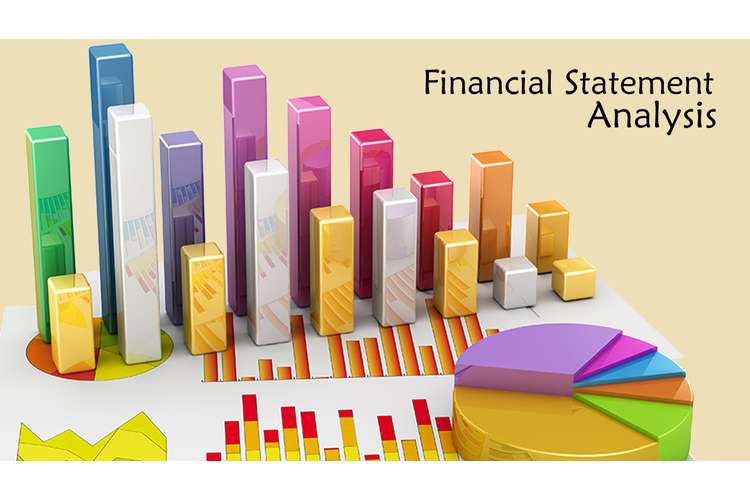
What is The Easiest Way to Learn How to Analyse Financial Statements?
Analysing financial statements is one of the most sought-after business skills that employers look out for in potential candidates. Even if you have not studied finance as part of your academic career there are a few ways by which you can add this ability to your resume for better prospects. The most convenient way to inculcate this professional skill is to invest some time undergoing a financial modelling course. Read on to find out more.
Financial modelling courses will give you a basic idea of creating spreadsheet models, modelling strategies, and their common applications for investment analysis, forecasting, company valuation, and more. After completing the core modules, you’ll be prepared to:
- Implement any type of data to extract insights, build scenarios, and predict performance;
- Generate quantitative models;
- Utilise the power of spreadsheets to chart out and predict data;
- Learn to measure and manage risk;
- Strategize your decision-making for optimum results.
Students will acquire a range of skills from introductory knowledge of financial statement data and non-financial metrics to advanced execution within the realm of business and financial modelling. You will become proficient at working with spreadsheet models, basic investment analysis application and modelling techniques. These are included as part of their toolkit that is necessary to make informed business decisions and investments.
Such a multifaceted specialization will equip candidates with in-depth technical knowledge in Finance and Quantitative Modelling to enter the dynamic world of data and business analysis. Building on the fundamentals of quantitative modelling, you will acquire the ability to implement data to extract valuable information by using the accessible data analysis tool.
Students will also be introduced to the world of corporate finance, and obtain foundational knowledge of finance fundamentals. This includes a wide range of real-world situations spanning corporate decision-making, personal finance and financial intermediation. Studying a comprehensive guide to Financial Modelling can help you achieve the following:
- Become an expert at handling Excel;
- Learn to develop sound Financial Models;
- Get an upper hand to stand out among your colleagues;
- Obtain foundational knowledge of the mechanics of Company Valuation;
- Arrange your files professionally;
- Showcase superior skills at managing critical financial documentation;
- Cherish your proficiency at mapping and predicting data
- Develop innovative quantitative models
- Analyse income and cash flow statements
Having a financial modelling qualification under the belt will help you land careers in a wide range of sectors including Investment Banking, Financial Advisory or even a position in Consulting. The role of a financial model Analyst is considered to be dynamic, complex, and driven by innovative professional skillsets. These skills are directly linked to your financial performance as an employee or an independent practitioner. So go ahead and utilize the learning outcome of real-time applications taught in this specialised programme in finance to tread your dream career path.
The course curriculum of a financial Modelling specialisation is structured to assist you in making informed business and financial decisions.


